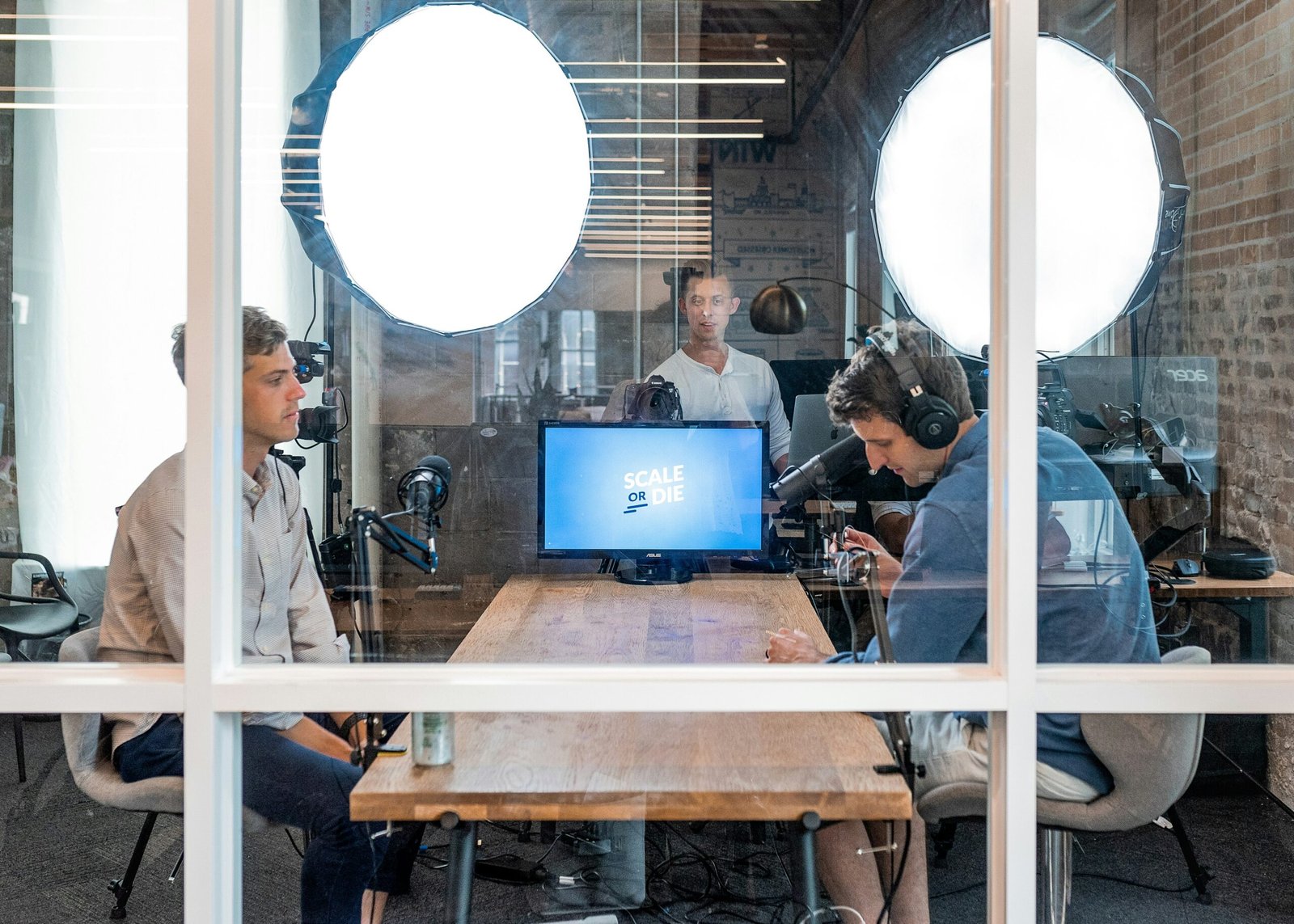Exploring the Vibrant Lifestyle Trends of Czechia: A Deep Dive into Modern Living
Czechia’s Current Lifestyle Trends
Czechia, often recognized for its rich history and vibrant culture, is currently experiencing notable shifts in lifestyle trends. The emphasis on health and sustainability has become increasingly significant among its residents. This growing awareness of environmental issues has resulted in a rise in eco-friendly practices, where individuals and communities actively seek sustainable solutions in their daily lives. From vegetarian and vegan diets gaining traction to an increase in the use of public transportation and bicycles, these lifestyle choices reflect a collective commitment towards a healthier planet.
Moreover, the influence of remote work has reshaped the way individuals approach work-life balance. As many organizations have adopted flexible models, people are no longer confined to traditional office spaces. This shift facilitates a more personalized lifestyle, allowing individuals to integrate their work into their living environments. Consequently, people are seizing the opportunity to explore local cafes, parks, and co-working spaces, enhancing their quality of life by blending leisure with productivity.
Additionally, there has been a noticeable resurgence of local cultural experiences as a response to global challenges. Czechs are increasingly seeking to explore their own cultural heritage, supporting local artisans and attending community events. This shift not only promotes domestic tourism but also fosters a stronger sense of community. As international travel became uncertain, this trend allows individuals to reconnect with the rich traditions and modern attractions Czechia has to offer. Activities such as traditional crafts workshops, local wine tasting events, and art exhibitions have become more prominent, illustrating the vibrant cultural landscape.
Ultimately, these lifestyle trends in Czechia reflect a broader movement towards sustainability, flexibility, and cultural appreciation, facilitating a modern living experience that prioritizes well-being and community engagement.
Health and Wellness Movement
The health and wellness movement in Czechia has gained significant momentum in recent years, reflecting a broader global trend towards healthier living. Growing awareness of nutrition and well-being has led many Czechs to embrace organic foods, with a notable increase in demand for local, sustainably produced goods. Farmers’ markets and organic stores have proliferated, allowing residents easy access to fresh fruits, vegetables, and other health-conscious products that support a balanced diet. This shift towards organic eating not only benefits the consumers but also fosters a sense of community and sustainability among local producers.
Moreover, fitness regimes in Czechia are evolving, with more individuals committing to active lifestyles. Gyms and fitness studios are flourishing across urban and rural areas alike, offering a variety of classes such as yoga, pilates, and high-intensity interval training (HIIT). Outdoor activities continue to be an integral part of wellness as well. With the picturesque landscapes of Czechia, ranging from the majestic mountains to tranquil parks, locals often engage in hiking, cycling, and other outdoor sports, which not only promote physical health but also contribute to mental well-being.
The rising importance of mental health awareness has also captured the attention of the Czech population. Both public and private initiatives are being established to provide resources and support for mental health challenges, encouraging open discussions and reducing stigma. Wellness centers offering workshops on mindfulness, stress management, and holistic approaches have become increasingly popular. These centers provide a sanctuary for individuals seeking to enhance their mental resilience and emotional well-being.
Incorporating these health and wellness elements into daily life is shaping a healthier lifestyle in Czechia. With an uptick in community engagement around fitness and mental well-being, the nation is on a promising path toward a more health-conscious future, where well-being is a shared value embraced by all.
The Impact of Remote Work on Daily Life
Remote work has significantly transformed the lifestyle landscape in Czechia, influencing various aspects of daily living. Traditionally, the Czech work culture was rooted in long office hours and a structured environment, but the global pandemic triggered a dramatic re-evaluation of this model. With businesses embracing flexible working arrangements, many employees have shifted from their traditional offices to home offices, leading to a profound impact on work-life balance.
This transition towards remote work has allowed individuals in Czechia to better integrate their professional and personal lives. Employees often report increased flexibility in managing their working hours, enabling them to schedule personal activities alongside professional commitments. This nimbleness has contributed to a greater sense of autonomy and reduced commuting stress, allowing more time for family interactions, hobbies, and self-care, ultimately fostering healthier lifestyles. However, it has also raised concerns regarding the potential blurring of boundaries between work and home, leading to longer working hours for some.
Another essential change brought about by remote work is its effect on social interactions and community engagement. As many people work from home, the traditional social networks formed in office settings have been disrupted, prompting individuals to seek new avenues for social connection. Czechs have increasingly turned to online platforms to maintain relationships, showcasing adaptability amidst changing circumstances. Local communities have also witnessed a surge in virtual events, encouraging individuals to engage socially while adhering to social distancing protocols.
While the rise of home offices and remote work has yielded many benefits, it also poses challenges that individuals and organizations must navigate. Employers are figuring out methods to maintain team cohesion, while remote workers are exploring strategies for setting boundaries and prioritizing their well-being. As the lifestyle of Czechia continues to evolve, remote work will undoubtedly play a crucial role in shaping the future of modern living.
Embracing Local Culture and Sustainability
In recent years, there has been a notable shift in the lifestyle trends observed in Czechia, with many residents increasingly embracing local culture and sustainability. This trend not only reflects a desire for deeper connections to one’s heritage but also a commitment to environmentally conscious practices that promote community wellbeing. Local markets have become essential hubs for fostering this connection; shoppers prioritize fresh, seasonal produce sourced from regional farms, thus supporting local economies while reducing carbon footprints associated with transportation.
Furthermore, traditional crafts are experiencing a revival as people seek to cultivate unique cultural identities that honor Czechia’s rich artistic heritage. Artisans specializing in pottery, textiles, and woodworking are gaining recognition for their handiwork, and many consumers are opting for handcrafted products over mass-produced alternatives. This emphasis on traditional crafts not only enhances local economies but also provides a sense of pride within communities, as residents celebrate skilled artisans who contribute to the preservation of cultural narratives.
In addition to these cultural elements, eco-friendly practices are becoming increasingly prevalent in daily life across the Czech Republic. Individuals are adopting sustainable habits such as the reduction of single-use plastics, active participation in recycling programs, and the consumption of organic foods. Urban gardens and community green spaces are also thriving, enabling residents to cultivate their own produce while fostering social connections and engaging with community members on various ecological initiatives.
This seamless integration of local culture and sustainability into the daily lives of Czech citizens promotes a vibrant sense of community and identity. The collective efforts to support traditional crafts and implement eco-friendly practices affirm a commitment to both environmental stewardship and cultural appreciation, paving the way for a more cohesive society in Czechia. As this trend continues to evolve, it is likely to inspire future generations to cherish and protect their cultural heritage while fostering sustainable living.









